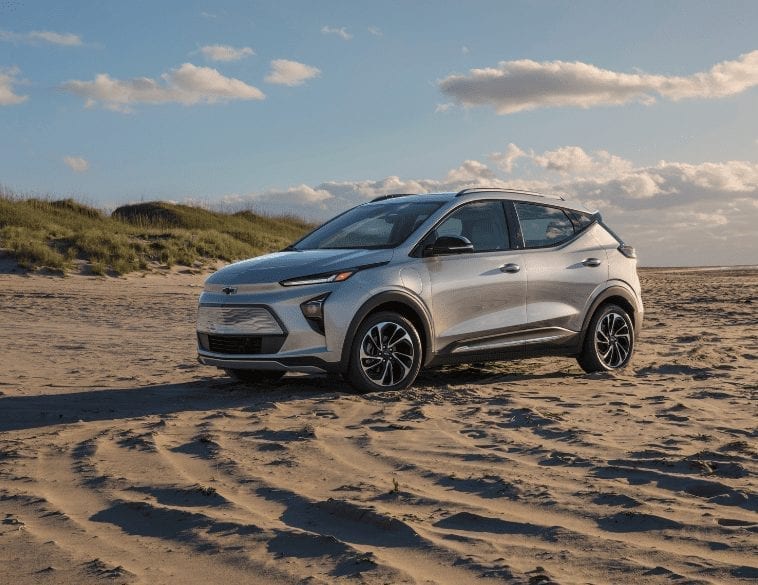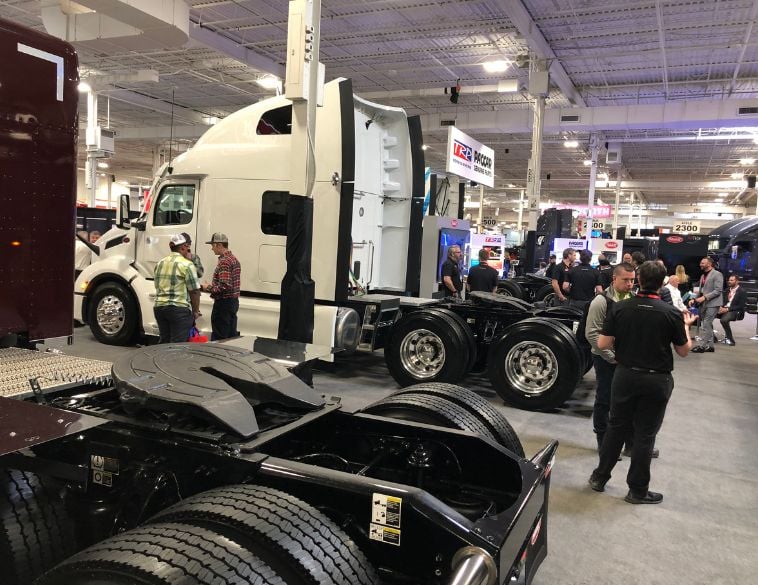General Motors is voluntarily expanding the current Chevrolet Bolt EV recall to cover the remaining 2019 and all 2020-2022 model year vehicles, including the Bolt EUV.
In rare circumstances, the batteries supplied to GM for these vehicles may have two manufacturing defects – a torn anode tab and folded separator – present in the same battery cell, which increases the risk of fire.
Out of an abundance of caution, GM will replace defective battery modules in Chevrolet Bolt EVs and EUVs with new modules, with an expected additional cost of approximately $1 billion.
Focus on safety
“Our focus on safety and doing the right thing for our customers guides every decision we make at GM,” said Doug Parks, GM Executive Vice President, Global Product Development, Purchasing and Supply Chain.
“As leaders in the transition to an all-electric future, we know that building and maintaining trust is critical. GM customers can be confident in our commitment to taking the steps to ensure the safety of these vehicles.”
After further investigation into the manufacturing processes at LG and disassembling battery packs, GM discovered manufacturing defects in certain battery cells produced at LG manufacturing facilities beyond the Ochang, Korea, plant.
GM and LG are working to rectify the cause of these defects. In the meantime, GM is pursuing commitments from LG for reimbursement of this field action.
Recall includes
This new recall population includes:
- 9,335 (6,989 in the U.S. and 1,212 in Canada) – 2019 model year Bolt EVs that were not included in the previous recall
- 63,683 (52,403 in the U.S. and 9,019 in Canada) – 2020–2022 model year Chevrolet Bolt EVs and EUVs
To provide customers peace of mind, batteries with these new modules will come with an 8-year/160,000 km limited warranty in Canada.
Steps to take till replacement parts are ready
GM is working aggressively with LG to increase production as soon as possible. GM will notify customers when replacement parts are ready.
Until customers in the new recall population receive replacement modules, they should:
- Set their vehicle to a 90 percent state of charge limitation using Target Charge Level mode.
- Instructions on how to do this are available on chevy.ca/boltevrecall.
- If customers are unable to successfully make these changes or do not feel comfortable making these changes, GM is asking them to visit their dealer to have these adjustments completed.
- Charge their vehicle more frequently and avoid depleting their battery below approximately 113 kilometres of the remaining range, where possible.
- Park their vehicles outside immediately after charging and should not leave their vehicles charging indoors overnight.
Canadian customers can visit the Chevrolet Owner’s Centre or contact their preferred dealer.



